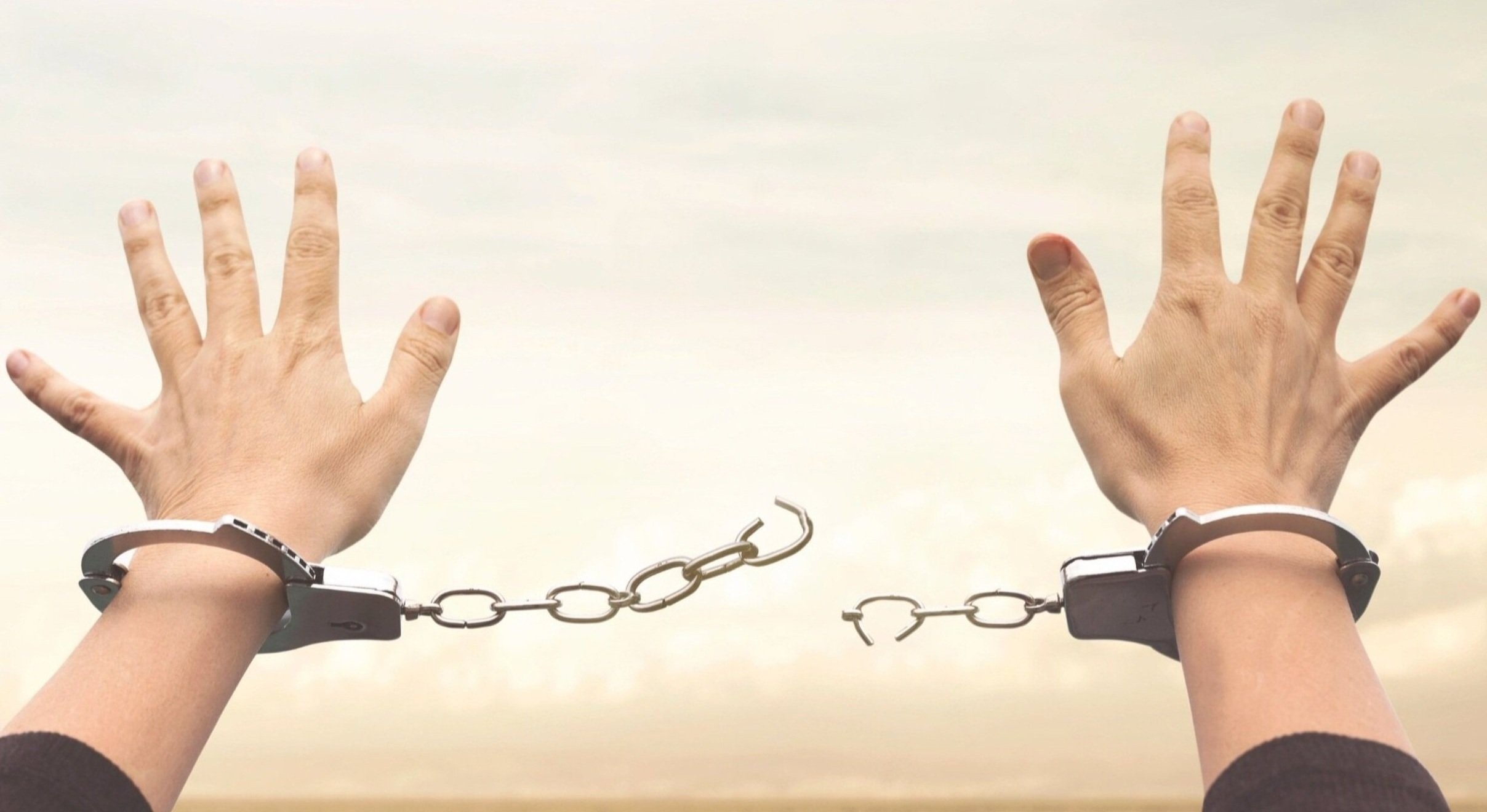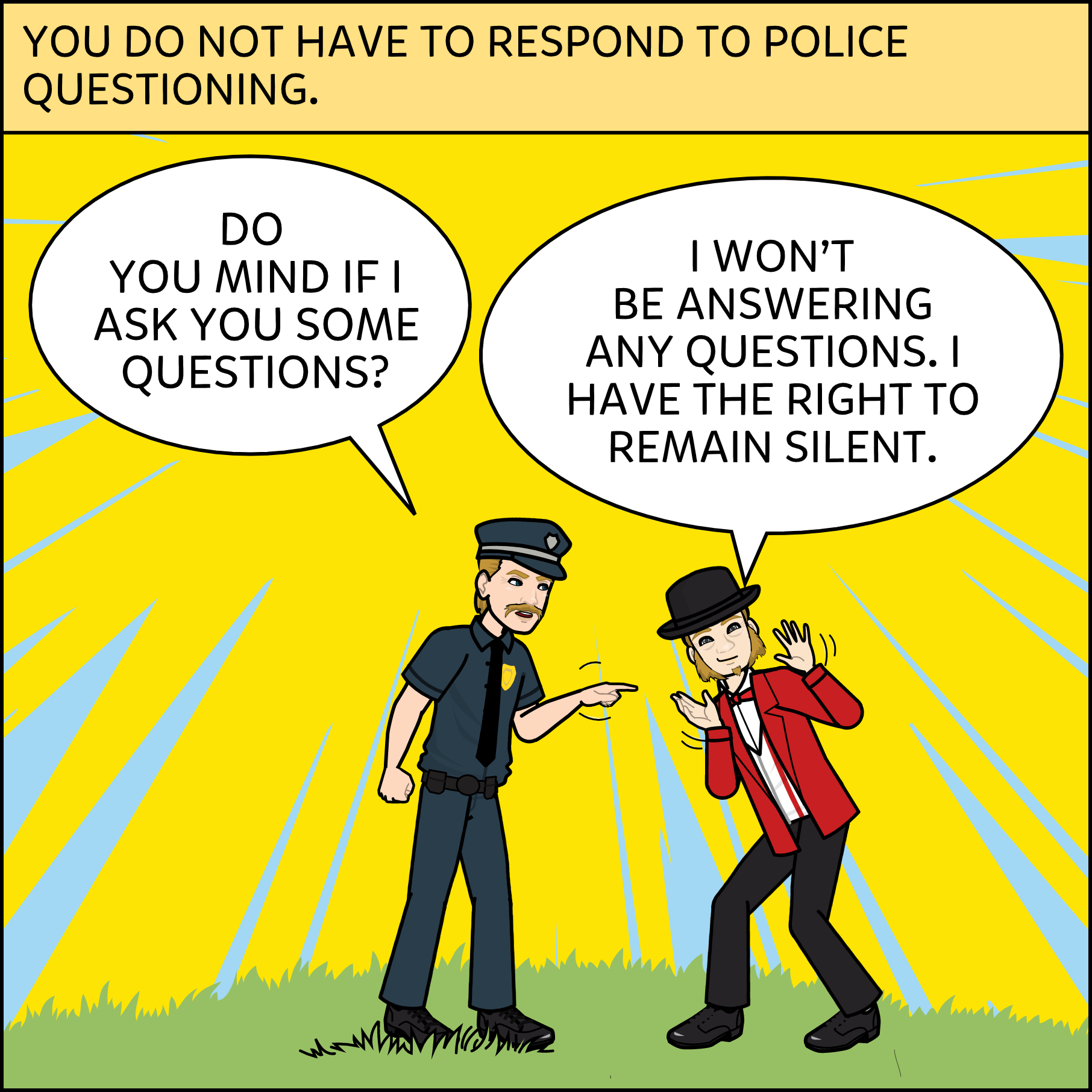
What Should I Do if I Am Being Accused of Domestic Violence?
By attorney Joshua Mulligan. Mr. Mulligan has handled hundreds of domestic violence cases with charges ranging from restraining order violations to murder. Mr. Mulligan is a State Bar Certified Criminal Law Specialist and his practice is in the Coachella Valley.
What are the consequences of a domestic violence conviction?
The consequences of domestic violence convictions can vary, but whether it is a misdemeanor or a felony, they have a profound impact on the accused. The consequences range from fines and probation to potential jail time and loss of child custody, job, or career. In some cases, it can lead to extended probation, a protective order and may lead to deportation of non-citizens.
The police want to speak with me. What should I do?

DO NOT! If the police contact you and wish to speak with you after a reported incident, DO NOT SPEAK TO THEM. If your wife or girlfriend called the police on you and now the police have contacted you to “get your side of the story” don’t be fooled – you are the suspect in the case and the police want to talk to you to gather evidence to use against you for prosecution.
Police are trained in what is known as the ‘'Reid Technique for Interrogations and Interviews' which allows significant leeway in how police conduct their interview with you. Most commonly, police will intentionally lie about the evidence against you before telling you they need your side of the story, for example, police may tell you that the incident was captured on video, or that a neighbor heard or witnessed the fight, or that a doctor examined the ‘victim’ and concluded that there were injuries caused by domestic violence.
Even if the police LIED to you to get incriminating statements, those statements may be used against you in court.
How can an attorney help me before I am arrested?
An attorney is the only person you can confidentially discuss your case with. Please do not share your story with others.
You may have significant evidence or information that could be provided to police or the prosecution which may result in the case NOT being filed. For example, the alleged victim may have a past history of violence, or you may have threatening text message from the victim, or perhaps the alleged victim admitted that she lied to another witness. An experienced attorney will understand how to investigate and present this information to the police or prosecutor.
An experienced attorney will also have a strong idea as to how much bail will cost and will be able to refer you to a reputable bail bondsman and coordinate with the bondsman to have you bailed out of jail as quickly as possible if you are arrested.
If I am arrested, can I post bail? How much will it cost?
YES! Before your arrest, it is strongly encouraged that you contact a bail bondsman to arrange for an account and payment to be made upon your arrest. For misdemeanors, bail is set starting at $5,000. For felony domestic violence, bail will be set at a minimum of $50,000. To post bail using a bail bondsman, you will usually have to pay the bondsman 10% of the bail. If you have a retained attorney, the bondsman will accept 8%.
If you cannot afford bail, your attorney can request that the judge reduce bail or release you on your “own recognizance” – that means release without posting bail (some people call this “OR”). At the bail hearings, which can take place during your arraignment (first court appearance), your attorney can argue for a reduction in bail as you do have a right to reasonable bail.
Will I have to stay in jail while waiting for my arraignment?
NO! After an arrest, you are taken to a county jail for processing; you can post bail and be released within the same day, typically after a few hours. Your arraignment is the first court appearance, and you may be held in jail for several days before you are arraigned.
What can an attorney do for me after I am arrested, but before my arraignment (first court date)?
Your attorney can do quite a bit after your arrest but before your arraignment. Most importantly, your attorney can conduct their own investigation into the accusation, retrieve records, witness statements, photographs, messages, and valuable information to put together a case file to send to the DA office before any formal charges are filed. This can influence the DA’s decision when determining whether to drop the case or request that the police perform an additional Pre-Filing investigation stage.
What counts as self-defense in domestic violence cases?
A person can use force to defend him or herself if they have been either attacked or are about to be attacked. The individual reasonably believes that they, or another, are in imminent danger of being harmed and so had to exercise force in the given circumstances. The level of force used must be "reasonable" and proportional under the circumstances. In practice, reasonable force is usually the same kind of force. For example, it is unreasonable to shoot somebody who might slap you.
I have always been taught that under no circumstances can a man hit a woman. I only hit my wife because she was attacking me, and I had to defend myself. Is it legal for a man to hit a woman in self-defense?

A man can defend himself against a woman. Although most people assume that men are more likely to inflict domestic violence, according to at least one academic study based on detailed survey information from men and women, women are responsible for initiating up to 70% of domestic violence incidents. In practice, the stereotype of the violent man and battered woman will be forefront in the mind of prosecutors, judges, and juries. The defense attorney will have an easier time making a self-defense case with a female client. That doesn’t mean we can’t raise self-defense with a male client, but the burden will be greater, and we will need to pay close attention to every lead and gather every piece of evidence possible.
If my partner was injured in the fight, does that mean I will go to jail even though I was defending myself?
The police will try to determine who the “primary aggressor” was in the fight and make their arrest accordingly. In practice, if a woman has any injury, even a scratch, the man will be arrest and booked for domestic violence.
My partner has a history of violence; can I bring this up in my self-defense case?
YES! Presenting evidence of the alleged victim’s history of violence can support a self-defense case. The evidence can be witness statements, past police reports, or other forms of documented history of violence. Even threatening text messages or social media posts can be used to show a character for violence. In cases where we have found significant evidence of past violence, prosecutors have either dismissed the case or offered significant charging reductions in plea bargains.
I was acting in self-defense against my partner; what kinds of evidence can I use to support my claim?
The courts broadly construe what counts as evidence in support of self-defense. In addition to the past history of violence discussed above, witnesses can be called to show the alleged victim has a reputation for violence.
Other evidence could come from looking at the context of the fight – who started the argument and what was the cause of the dispute. There may also be text message which discuss the argument.
If you suffered any kind of injury, it should be immediately photographed, even if it is only a scrape or redness. Any property damage supporting your side of the story should also be immediately photographed.
Who can testify as a witness in a self-defense case?
Witnesses to a self-defense case can include friends, family, former partners (ex-wife or ex-girlfriend), your children, work colleagues, and any other individual who can speak to your character, history, and any past incidences of violence or assault.
How do judges decide what kind of criminal protective order to issue? Are there different types of orders?
“Criminal protective orders” are issued in criminal cases, while “restraining orders” are civil orders issued in family court. The type of criminal protective order issued will depend on the case's facts and supporting evidence. There are two types of protective orders a judge can issue.
- No contact order: When a “no contact” order is issued, a defendant is strictly forbidden from having either direct or indirect contact with the alleged victim. This means that the defendant can ask another person to send messages to the alleged victim.
- No negative-contact order: A no negative-contact order will allow you to have peaceful contact with the alleged victim. This means no hitting, harassing, or stalking. Tread carefully if you are subject to a no negative-contact order – the DA will inform the ‘victim’ that she can get you locked up very easily with a phone to police with a report of any kind of bad behavior.
My children were present when the alleged domestic violence took place; will they be taken away from me?
If children are present when the domestic violence took place, then Child Protection Services (CPS) will be called and conduct their investigation into the allegation of domestic violence. Children are typically not removed from the home unless there is significant and ongoing domestic violence in the home.
If my children are witnesses, do they have to testify in the case?
It depends. If they are teenagers, then yes, they likely will be called to testify in the case. Children may be called as witnesses if they are “mentally competent” to testify. A child is mentally competent if he or she can effectively respond to questions and describe an event they witnessed. Furthermore, it is important to show that the child understands the difference between truth and fantasy. In practice, young children will rarely be able to testify, whereas most children over about 12 will be able to testify.
What should I do about any of my social media accounts, emails, pictures, and text messages relating to the accusation? Should I delete them all?
The first piece of advice is to set all social media accounts to private. Under no circumstances should you give your passwords or access to anyone else, not even those you deeply trust or have known your entire life. We don’t recommend you delete or destroy text messages, images, profiles, or other social media information. This can give the impression of potential guilt or can be interpreted as an attempt to destroy evidence.
Second, you will also want to take screenshots and download any relevant social media information from any friend accounts or text messages before you are unfriended or unfollowed. You may also wish to delete or unfriend/unfollow any individuals who might serve as witnesses against you in the case.
Third, you should back up your data (text messages, photos, etc.) in case your phone is seized as evidence.
A witness or the alleged victim was doing drugs or drinking. Can this help my case?

YES! If a witness was impaired this will impact the quality and reliability of their memory. A witness who was heavily intoxicated, especially on illegal drugs, will not carry high credibility with the DA or judge. Furthermore, intoxication may be tied to increased aggressiveness or explosive anger. Always let your attorney know if anyone, ‘victim’ or witnesses, were under the influence during the incident. The evidence you provide can vary and might include such things as:
- Postings on social media about ‘partying’ or alcohol/drug-related events.
- Receipts from bars, restaurants, or liquor stores.
- Other witnesses present at the time that can speak to a drinking/drug use history.
- Prior convictions or complaints related to alcohol or drug offenses.
- Text messages or images relating to alcohol or drug use.
The alleged victim has a serious history of mental health problems. Can this be used in my defense case?
YES! A history of serious mental illness can be helpful for a defense case. For example, a common mental illness associated with domestic violence cases is bipolar with psychotic features. Evidence of this illness could help in presenting a case of an abrupt change of mood or behavior without forewarning. Individuals in such a state can behave erratically and make problematic accusations against others induced by a temporary psychosis state.
Collect any relevant evidence that supports a history of mental health problems. These could include statements from immediate family members (parents, children, cousins), medical professionals, and friends who can attest to the facts. You may also make a list of any prescribed medication for mental health issued and taken by the ‘victim.’
My ex-partner is lying because they are trying to take the children, house, and everything else from me. Can I bring this up when defending myself against criminal charges?
It is ALWAY wrong to provide false statements to police or in a trial. Under California Penal Code section 148.5, it is a crime to knowingly make a false report of a misdemeanor or felony accusation to a police officer. Providing intentionally false testimony in a court case can lead to being charged with perjury.
If you believe your ex-partner is lying because they are trying to take everything from you, let your attorney know and provide them with any related records such as text messages, previous false accusations, witness statements, or any paper evidence supporting your claim.
If your partner has filed for divorce, child custody, or a restraining order in family court it is important to let your attorney know and provide your attorney with a copy of all the paperwork related to the family court case.
